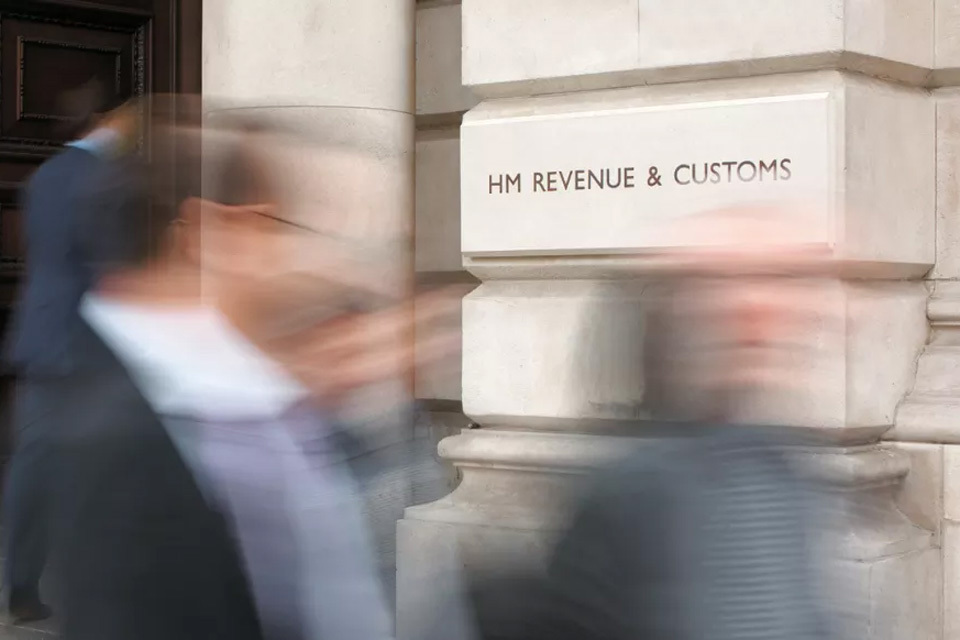
Capital Gains Tax changes that Self Assessment customers need to know
Published By GOV.UK [English], Tue, Nov 24, 2020 5:51 AM
Time is running out for anyone who sold a second home during 2019 to 2020 to declare it on their Self Assessment tax return.
HM Revenue and Customs (HMRC) is reminding customers that they have until 31 January 2021 to declare any profit made from selling a UK residential property, which was not their main home, during the 2019 to 2020 financial year, and pay the Capital Gains Tax that is due.
Since 6 April 2020 there have been changes to how customers declare and pay Capital Gains Tax. UK residents who dispose of a UK residential property that is not their main home and make a Capital Gain where there is tax to pay, should use the online service to inform HMRC and pay the tax due within 30 days of completion.
Non-UK residents disposing of UK land and property should also use the online service, regardless of whether there is a gain or not.
Customers can find out more about the changes to declaring and paying Capital Gains Tax on GOV.UK.
The new rules affect landlords or property developers selling on part of their residential property portfolio, or UK residents who sell a residential property that is not their primary home.
Karl Khan, HMRC’s Interim Director General for Customer Services, said:
The 2019 to 2020 tax year is the last year UK residents will be required to pay the Capital Gains Tax for the sale of properties as part of the Self Assessment process and we want to make sure they are aware of the new requirements.
We’re making it easier for customers to pay any tax that is owed. UK residents, including property developers and landlords, should now use the online service to make any Capital Gains Tax declarations immediately after selling a residential property.
Customers will still be required to inform HMRC of any Capital Gains Tax liabilities on their 2020 to 2021 Self Assessment tax return, however, any payments that have already been paid will not count towards their annual tax return bill.
Anyone selling a UK property that is their main residence will not be affected.
Customers will continue to complete their tax return as now for any other Capital Gains Tax declarations in the future. They will pay tax on any profit, above their tax-free allowance, when they sell:
most personal possessions worth over £6,000, apart from their car
their main home if they have let it out or used it for business
shares
business assets
Further information
You can read further information about Self Assessment on GOV.UK.
Self Assessment customers can access a range of resources to help complete their tax return on GOV.UK, including videos, webinars, help sheets and webchats.
To protect against identity fraud customers must verify their identity when accessing HMRC’s online services. They must have 2 sources of information including:
credit reference agency data
tax credits
P60/payslip
UK passport
Self Assessment customers can set up their own payment plan to help spread the cost of their tax liabilities, up to the value of £30,000. They can use the self-serve Time to Pay facility to set up monthly direct debits. Interest will be applied to any outstanding balance from 1 February 2021.
If your Self Assessment debts are over £30,000, or you need longer than 12 months to pay your debt in full, you may still be able to set up a Time to Pay arrangement by calling the Self Assessment Payment Helpline on 0300 200 3822.
From 6 April 2020, if someone doesn’t report gains on property within the 30-day time limit they may be liable to a late filing penalty, and if the tax is not paid within the same time limit, they may have a late payment penalty and be subject to late payment interest.
Press release distributed by Media Pigeon on behalf of GOV.UK, on Nov 24, 2020. For more information subscribe and follow